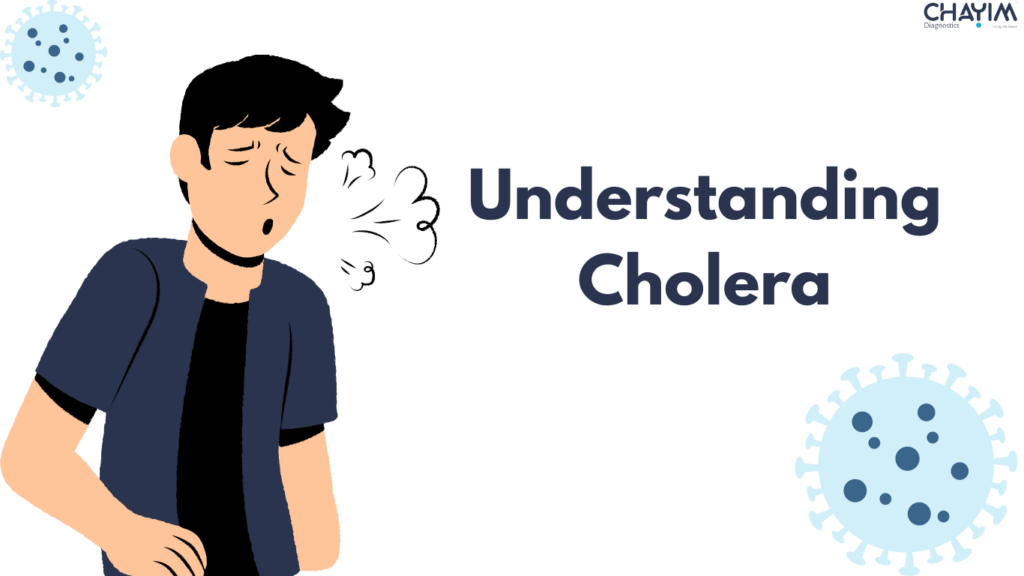Understanding Cholera: Causes, Transmission, Symptoms, and Prevention

Cholera is an extremely contagious disease that affects the small intestine and can lead to severe dehydration and death if not treated promptly. The disease has been responsible for numerous pandemics throughout history and continues to be a significant public health concern, especially in regions with poor sanitation and limited access to clean water.
Causes of Cholera:
Ingesting food or water contaminated with Vibrio cholerae causes cholera. The bacteria produce a toxin called cholera toxin, which triggers the body to release large amounts of water and electrolytes into the intestines, leading to severe diarrhea.
Mode of Transmission:
The primary transmission of cholera occurs through;
- Using or consuming water contaminated with cholera bacteria.
- Consuming food contaminated with bacteria.
- Inadequate sanitation facilities and poor hygiene practices facilitate the spread of cholera, particularly in crowded environments like refugee camps or urban slums.
- Although less common, cholera can also spread through direct contact with an infected person or their feces.
Symptoms of Cholera:
Cholera symptoms can vary from mild to severe. The most common symptoms include;
- Watery Diarrhea.
- Vomiting can occur in the early stages.
- Rapid Dehydration includes dry mouth, excessive thirst, decreased urine output, and sunken eyes.
- Muscle Cramps.
- In severe cases, cholera can lead to hypovolemic shock and death if untreated.
Prevention of Cholera:
Preventing cholera involves improving sanitation and ensuring access to clean water. Key preventive measures include:
- Ensure drinking water is clean. Boiling or treating water with
- Proper disposal of feces using latrines or toilets, combined with good hygiene practices, is essential for maintaining public health.
- Cook food thoroughly and avoid raw or undercooked seafood. Wash fruits and vegetables with clean water.
- Oral cholera vaccines provide short-term protection and are especially recommended for people living in or traveling to high-risk areas.
Importance of Public Health Measures
Effective public health strategies are essential to control and prevent cholera outbreaks. These include:
- Surveillance: Monitoring and reporting cholera cases to detect and respond to outbreaks promptly.
- Education: Raising awareness about the importance of hygiene and sanitation practices.
- Infrastructure Improvement: Investing in water and sanitation infrastructure to ensure safe drinking water and adequate sanitation facilities.
Given the ongoing cholera outbreak in Nigeria, it’s crucial to avoid consuming food prepared by strangers, thoroughly wash food items before cooking, and prioritize environmental sanitation.
Cholera can be effectively managed, and its impact significantly reduced with proper treatment and preventive measures. Public health efforts should continue to emphasize improving sanitation, ensuring access to clean water, and educating communities to prevent future outbreaks.
By staying informed and taking proactive measures, we can work towards a world where cholera is no longer a threat to public health.



Responses